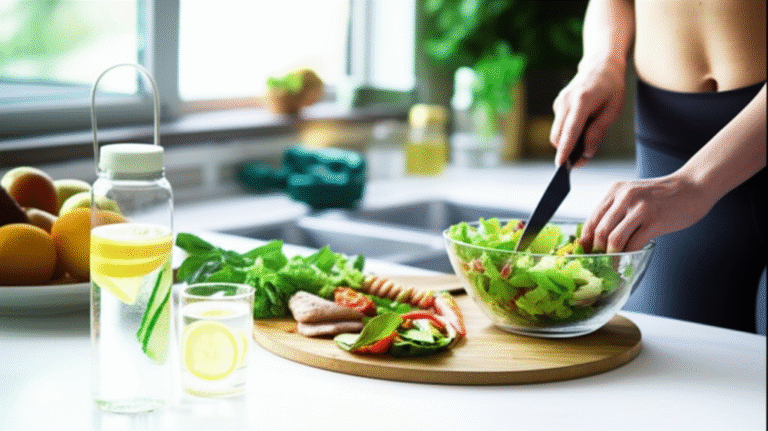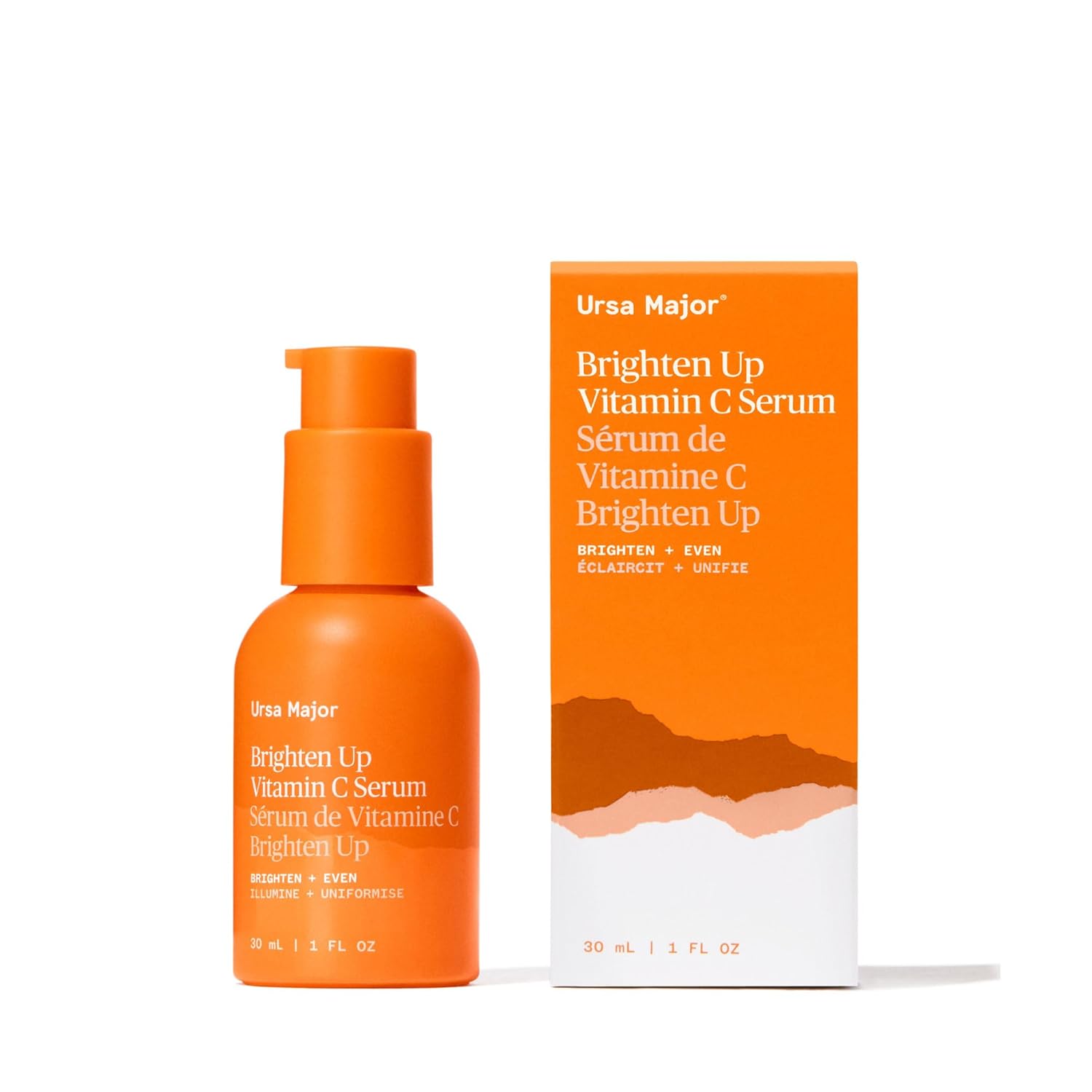Hydration: Your Essential Weight Loss Tool
Hydration is a surprisingly simple yet powerful tool for weight loss. Staying adequately hydrated can boost your metabolism, curb appetite, and improve exercise performance, making it an effortless and effective strategy for shedding pounds and achieving your health goals.
Do you ever look at the scale and wish those stubborn pounds would just disappear? You’ve tried cutting calories, sweating it out at the gym, and maybe even skipping meals altogether. It can feel overwhelming, right? You’re probably thinking that weight loss means complicated meal plans and grueling workout routines. But what if I told you there’s a virtually free, readily available, and incredibly effective tool that can significantly impact your weight loss journey? It’s something you do every day, but perhaps not effectively enough for your health goals. Let’s dive into how making a simple change to your daily fluid intake can unlock your body’s natural fat-burning potential and transform your weight loss experience.
Why Water is Your Secret Weight Loss Weapon

Think of your body as a well-oiled machine. Just like any machine, it needs the right fuel and lubrication to run efficiently. Water is that essential lubricant. When you’re dehydrated, your body’s systems, including your metabolism, start to slow down. This means you burn fewer calories throughout the day. Hydration, on the other hand, helps to optimize these bodily functions.
Understanding Metabolism and Hydration
Your metabolism is the process by which your body converts what you eat and drink into energy. It’s a complex series of chemical reactions, and water plays a crucial role in many of them.
When you drink enough water, your body can function at its peak. This includes:
- Increased Calorie Burning: Studies have shown that drinking water, especially cold water, can temporarily boost your resting energy expenditure. This means you burn more calories even when you’re not doing anything. For instance, one study published in the Journal of Clinical Endocrinology & Metabolism found that drinking about 500 ml of water increased metabolic rate by 30% for a little over an hour in healthy men and women.
- Improved Nutrient Transport: Water is essential for transporting nutrients to your cells and removing waste products. A well-functioning system is more efficient at processing food and utilizing energy.
- Better Digestion: Adequate hydration aids in digestion, helping to break down food and prevent constipation. When your digestive system is working smoothly, your body can absorb nutrients more effectively.
Hydration and Appetite Control
One of the most significant benefits of staying hydrated for weight loss is its impact on your appetite. Sometimes, your body mistakes thirst for hunger. Drinking a glass of water when you feel a snack craving can often satisfy that urge.
Here’s how it works:
- Feeling of Fullness: Drinking water, especially before meals, can help you feel fuller, leading you to eat less during your meal. A simple yet powerful strategy Sarah, a busy mom of two, found effective was drinking a large glass of water 15 minutes before each meal. She noticed this helped her manage her portion sizes without feeling deprived, contributing to her 15-pound weight loss over three months.
- Reducing Caloric Intake: By curbing unnecessary snacking driven by thirst, you naturally reduce your overall caloric intake. This is a simple lifestyle change that can have a profound impact.
- Avoiding Sugary Drinks: Often, when we reach for something to drink between meals, it’s a soda, juice, or sugary coffee. Replacing these with water is a massive win for calorie reduction.
Water for Optimal Exercise Performance
Exercise is a cornerstone of any weight loss plan. But even the best workout is less effective if you’re dehydrated. Water is crucial for muscle function, energy production, and temperature regulation during physical activity.
When you’re well-hydrated:
- Increased Endurance: Dehydration can lead to fatigue and reduced stamina, cutting your workout short. Proper hydration allows you to push harder for longer.
- Improved Strength and Power: Muscles need water to function optimally. Staying hydrated can help prevent muscle cramps and improve your ability to perform strength exercises.
- Better Temperature Regulation: Your body uses sweat to cool down. If you don’t have enough fluid, your body can overheat, which is not only dangerous but also reduces exercise capacity.
How Much Water Do You Really Need?
The common advice of “eight glasses a day” is a good starting point, but individual needs can vary. Factors like your activity level, climate, and overall health play a role. The National Academies of Sciences, Engineering, and Medicine suggest an adequate daily fluid intake of about 15.5 cups (3.7 liters) for men and about 11.5 cups (2.7 liters) for women. However, this includes fluids from all beverages and foods.
A simple way to gauge your hydration level is by looking at your urine color. Ideally, it should be a pale yellow. Dark yellow urine often indicates dehydration.
<em>Visual Suggestion: An infographic showing different shades of urine color and their corresponding hydration status would be very helpful here.</em>
Factors Influencing Your Hydration Needs
- Activity Level: The more you sweat during exercise or daily activities, the more fluid you need to replenish.
- Climate: Hot and humid weather increases fluid loss through sweat.
- Health Conditions: Certain conditions, like fever, vomiting, or diarrhea, require increased fluid intake. Some medical conditions may also require fluid restriction, so it’s always best to consult with your doctor.
- Pregnancy and Breastfeeding: Women who are pregnant or breastfeeding need more fluids.
Simple Strategies to Boost Your Daily Hydration
Making hydration a priority doesn’t have to be complicated. Here are practical, easy-to-implement tips to help you drink more water throughout the day.
Start Your Day with Water
Your body loses water overnight through breathing and sweating. Replenishing those fluids first thing in the morning is a fantastic way to kickstart your metabolism and rehydrate your body.
Try this:
- Keep a glass or bottle of water by your bedside.
- Drink at least 8-16 ounces (250-500 ml) of water as soon as you wake up, before your morning coffee or tea.
- Adding a slice of lemon or lime can make it more refreshing and provide a small dose of vitamin C.
Carry a Reusable Water Bottle
This is one of the most effective ways to ensure you’re drinking water consistently. Having water readily available encourages you to sip throughout the day.
Tips for using a water bottle:
- Choose the Right Size: A 32-ounce (approx. 1 liter) bottle can help you track your intake more easily. Aim to refill it 2-3 times a day.
- Keep it Visible: Place it on your desk, in your bag, or anywhere you’ll see it often.
- Infuse for Flavor: If plain water feels boring, add fruits like berries, cucumber, or mint for a natural, calorie-free flavor boost.
Set Reminders and Track Your Intake
In our busy lives, it’s easy to forget to drink. Technology can be your friend here.
How to implement:
- Use Your Phone: Set recurring alarms or reminders on your smartphone.
- Hydration Apps: Many free apps are designed to track your water intake and send you reminders.
- Visual Cues: Mark a water bottle with time markers to help you pace your drinking throughout the day.
Drink Water Before Meals
As mentioned earlier, this simple habit can significantly help with appetite control.
Simple action:
- About 15-30 minutes before each meal, drink a full glass of water (8-10 ounces or 250-300 ml). This can help you feel more full and reduce the tendency to overeat.
Incorporate Water-Rich Foods
While drinking water is primary, you also get fluids from the food you eat. Many fruits and vegetables have a high water content.
Examples of water-rich foods:
- Cucumber (96% water)
- Celery (95% water)
- Watermelon (92% water)
- Strawberries (91% water)
- Cantaloupe (90% water)
- Oranges (88% water)
- Tomatoes (94% water)
- Lettuce (95% water)
<em>Visual Suggestion: A small chart or list here showing the water content of common fruits and vegetables.</em>
Limit Sugary and Alcoholic Drinks
These beverages can sabotage your weight loss efforts and contribute to dehydration.
- Sugary Drinks: Sodas, fruit juices with added sugar, and sweetened coffees/teas are packed with empty calories and can lead to weight gain.
- Alcohol: Alcohol is a diuretic, meaning it makes you lose more fluid than you consume. It can also impair judgment, leading to poor food choices.
Real-Life Success Stories
It’s one thing to read about the benefits of hydration, but seeing how it impacts real people is inspiring.
Meet David: David, a 45-year-old IT professional, struggled with feeling sluggish and his weight for years. He wasn’t a big fan of plain water and often reached for energy drinks or sodas when he felt a slump. On the advice of a nutritionist, he committed to drinking 3 liters of water daily and cutting out all sugary beverages. Within the first month, he noticed a significant increase in his energy levels, no longer experienced mid-afternoon slumps, and found his appetite for unhealthy snacks diminished. After six months, he had naturally lost 20 pounds, and his doctor noted improvements in his blood pressure.
Meet Emily: Emily, a college student, was always busy and rarely thought about drinking water. She often experienced headaches and fatigue, which she attributed to stress and lack of sleep. She started using a smart water bottle that glowed to remind her to drink. She aimed for 2 liters a day. Not only did her headaches disappear, but she also felt more focused during lectures and found she was less likely to grab a pastry from the campus café during study breaks. She didn’t actively change her diet or exercise, but the consistent hydration helped her body function better, leading to a subtle and welcome drop in her weight over time.
Hydration for Different Goals
Whether you’re aiming for modest weight loss, building muscle, or simply improving overall health, hydration is key.
Here’s a quick look at how hydration supports various goals:
| Weight Loss Goal | Hydration Strategy | Why It Helps |
|---|---|---|
| General Weight Loss | Drink 8-10 glasses (2-2.5 liters) of water daily, prioritizing intake before meals and as a snack replacement. | Suppresses appetite, boosts metabolism, and reduces intake of sugary drinks. |
| Building Muscle | Increase intake to 3-4 liters (or more) depending on workout intensity, especially around workouts. | Essential for muscle repair and growth, prevents fatigue, and aids nutrient transport to muscle cells. |
| Improved Energy Levels | Drink consistently throughout the day, aiming for at least 2 liters. | Combats fatigue caused by dehydration, improves cognitive function and alertness. |
| Detoxification | Stay consistently hydrated (around 2-3 liters) and consider adding lemon or cucumber. | Supports kidney function in flushing out toxins and metabolic waste products. |
<em>Visual Suggestion: A table like the one above, perhaps with icons for each goal, would be very impactful.</em>
What to Drink Besides Water?
While water is the ultimate champion, other fluids can contribute to your daily intake. However, it’s important to be mindful of what you consume.
- Herbal Teas (Unsweetened): These can be a great low-calorie alternative to water and can offer a variety of flavors and potential health benefits. Look for options like peppermint, chamomile, or ginger tea.
- Black Coffee and Green Tea: In moderation, these caffeinated beverages can contribute to your fluid intake and may even offer a metabolism-boosting effect. However, avoid adding sugar, cream, or excessive milk. Research from institutions like the Harvard T.H. Chan School of Public Health notes that while beverages like coffee and tea contribute to daily fluid needs, plain water is best for hydration.
- Milk (Dairy or Plant-Based): Provides hydration along with nutrients. Opt for unsweetened plant-based milks if you’re avoiding dairy.
- Diluted Juices: If you enjoy juice, consider diluting it with water to reduce the sugar content.
<em>Important Note: While these can count towards fluid intake, plain water should always be your primary source of hydration for weight loss.</em>
Common Hydration Myths Debunked
Let’s clear up some common misconceptions about hydration that might be holding you back:
- Myth 1: “I’m not thirsty, so I don’t need to drink.” By the time you feel thirsty, you’re already mildly dehydrated. It’s best to drink proactively throughout the day.
- Myth 2: “Drinking too much water is dangerous.” While water intoxication (hyponatremia) is rare, it usually occurs with excessive consumption in a short period, often related to intense endurance exercise without proper electrolyte balance or certain medical conditions. For most people, consistently drinking adequate amounts of water is safe and beneficial.
- Myth 3: “Coffee and tea dehydrate you.” While caffeine has a mild diuretic effect, the water content in coffee and tea generally outweighs this effect, contributing to your overall fluid intake.
FAQ: Hydration for Weight Loss
Can I lose weight without exercise if I drink enough water?
While water alone isn’t a magic bullet, staying well-hydrated can support weight loss by boosting your metabolism and helping you feel fuller, which may lead to eating less. It’s a powerful complementary tool, especially when combined with mindful eating.
How much water should I drink if I exercise intensely?
You’ll need to drink more to compensate for fluid lost through sweat. Aim to drink water before, during, and after your workouts. A good rule of thumb is to add an extra 12-16 ounces (350-475 ml) of water for every 30-60 minutes of intense exercise.
Is sparkling water as good as regular water for hydration?
Yes, plain sparkling water (seltzer water) is just as hydrating as still water. The carbonation doesn’t impact its ability to hydrate your body. Just ensure it has no added sugars or artificial sweeteners.
Will drinking water help me lose belly fat?
Drinking enough water supports overall weight loss, which can include loss of belly fat. It aids metabolism and appetite control, but it doesn’t specifically target fat in one area. Spot reduction is a myth; healthy weight loss happens throughout the body.
What are the first signs of dehydration?
Early signs of dehydration often include thirst, dry mouth, fatigue, and a headache. If you notice your urine is dark yellow, that’s also a strong indicator you need to drink more fluids.
Do I need electrolytes if I drink a lot of water?
For most people engaged in moderate activity, plain water is sufficient. Electrolytes become more crucial after prolonged, intense exercise (over an hour) or in extremely hot conditions to replace what’s lost through sweat. Sports drinks can help, but check their sugar content, or opt for natural sources.
Conclusion: Embrace Your Hydration Advantage
As you can see, hydration is far more than just quenching your thirst; it’s a fundamental pillar of a healthy body and a powerful ally in your weight loss journey. By making a conscious effort to increase your water intake, you’re not just drinking water – you’re investing in a more efficient metabolism, reducing unwanted cravings, and enhancing your physical performance. It’s a simple, accessible, and incredibly effective strategy that complements any diet or exercise plan.
Remember Sarah, who lost 15 pounds by simply ditching sugary drinks and staying hydrated? Or David, whose energy levels soared and weight dropped by 20 pounds? These aren’t extreme transformations; they are the natural results of optimizing a basic bodily function. Your weight loss journey doesn’t have to be complicated. Start small, stay consistent, and remember—even the smallest steps lead to big results. Make hydration your cornerstone, and watch your body thank you. Pick up that water bottle, take a sip, and empower yourself with the ultimate, effortless weight loss tool.



